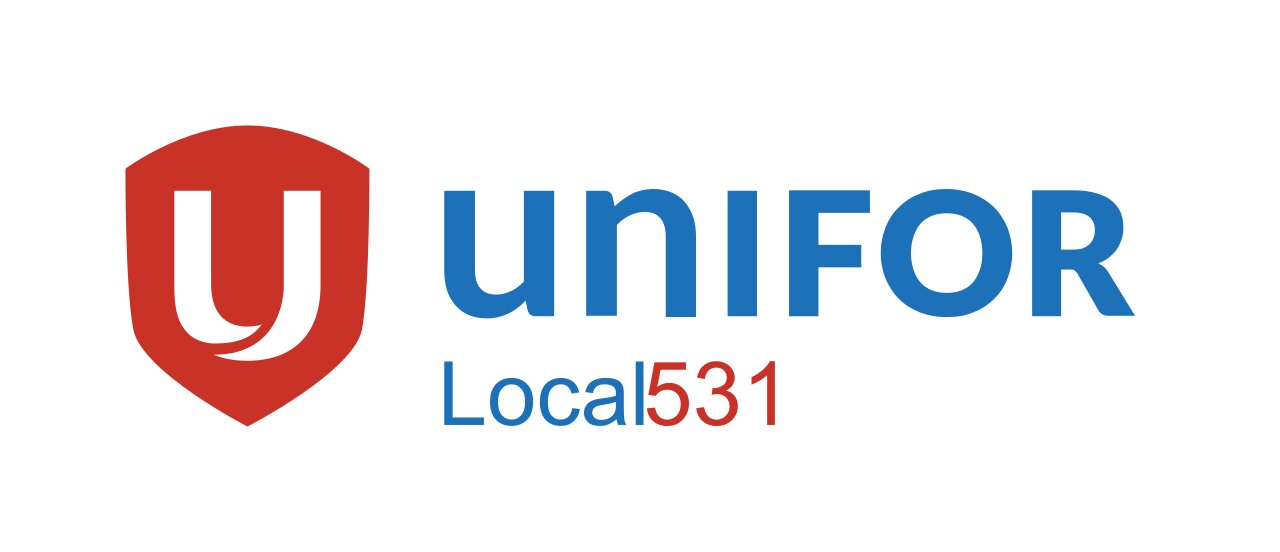Share
On Thursday, May 15, the company's Chief Financial Officer and Chief People Officer took part in a recorded podcast to discuss the current state of the business. A key topic they addressed was the decision not to distribute profit share for Q4 2024 and Q1 2025. We understand this has been disappointing for many members—and we share your concerns about the explanation provided.
For years, the Company has told us that profit share is part of our "total compensation package." It’s been used as a justification for our low wages, with the implication that we would all benefit when the company does well. But the reality is this: when there’s no profit share, we’re left with wages that are not competitive, not livable, and not reflective of the essential work our members do every single day. You can’t rely on a “total compensation package” that disappears when times get tough—but the cost of living doesn’t. Profit share should be a bonus for shared success, not a substitute for fair pay.
The CFO cited factors like severe weather, IROPs, and the Delta accident in Toronto as reasons for the company's financial shortfall in Q1. While these were certainly challenges, it's worth noting that the decision to scale back operations at Pearson and reduce its role as a major hub happened well before this quarter. Even more concerning, profit share was still issued in Q2 and Q3 of 2024, despite significant disruptions including widespread cancellations caused by the August 5 hailstorm in Calgary and the effects of industrial action in early July.
Later in the podcast the company mentioned a renewed focus on “discretionary cost reductions.” Without clear financial reporting, especially since the company became privately owned by Onex, there’s legitimate concern about what those reductions might mean. Are they targeting non-essential spending, or could key parts of our compensation, like profit share, be on the table?
Because of these unresolved questions, Unifor Local 531 and CUPE 8125 WestJet Component, supports ALPA’s call for the ALPA Economic and Financial Analysis (E&FA) Department to conduct an independent review of the company’s financial claims. With high load factors and the usual winter operational pressures, an outside review can help bring transparency and accountability to this situation.
We know members deserve answers—and we’re committed to pushing for them.

